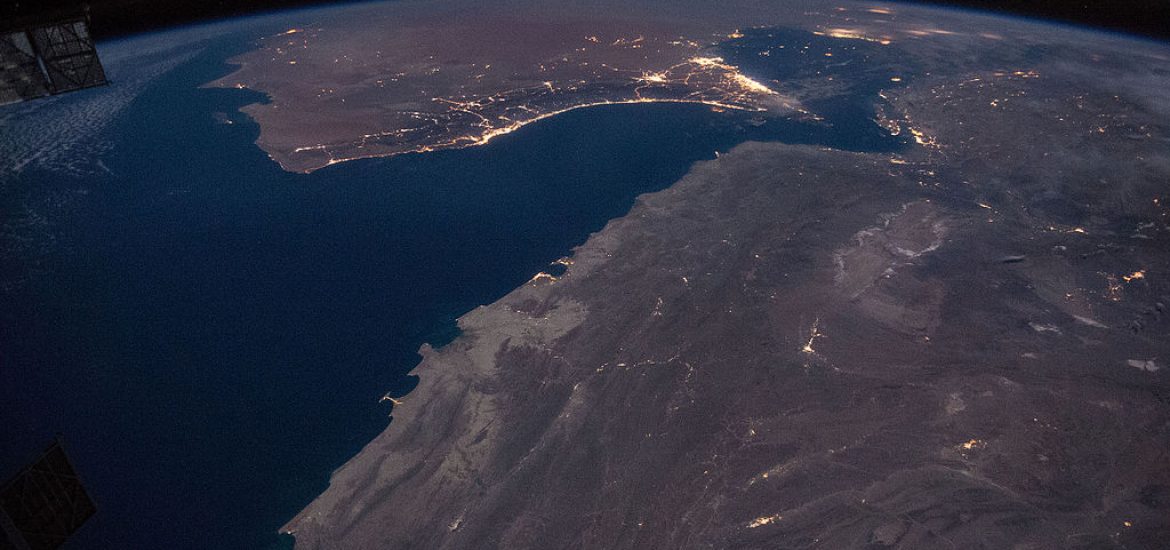
Oil prices have hit a six-month peak as Opec apparently looks to raise output following Donald Trump’s decision not to extend waivers for buyers of Iranian fossil fuels.
Output in Saudi Arabia, the world’s largest oil exporter, was due to rise next month, but that was unrelated to the Iranian sanctions, Riyadh sources said.
The international benchmark Brent crude price rose to US$74.17 per barrel yesterday (Tuesday).
Washington this week told buyers of Iranian oil that they must stop purchases by May 1 or face US sanctions in a move that took many analysts by surprise.
Saudi oil minister Khalid al-Falih said the kingdom would coordinate with other exporters “to ensure the availability of enough oil” and “global oil markets are not knocked off balance”.
Saudi output in May would stay within the production target under the Opec+ supply-cutting agreement signed in Vienna in December, which has led to cuts in global supplies in the aim of propping up oil prices.
The group, which includes Russia, is due to meet in June to discuss any changes to output policy.
The US decision has left China, Japan, India, South Korea and Taiwan scrambling to find new sources of oil.
China, the world’s biggest importer of Iranian oil, and India are among those most affected.
Iran’s response
Iran has purportedly renewed threats to close the Strait of Hormuz (pictured), the world’s busiest transit route for maritime oil shipments.
Iran’s Fars news agency said the Revolutionary Guards General Alireza Tengseiri threatened that if Iran was barred from using the Strait of Hormuz, its forces would “shut it down”.
Barclays Bank estimated that around 20 per cent of all sea-borne crude and condensates pass through the strait.
“The short-term upside risk to prices is based on a) our view that Saudi Arabia’s response will likely be lower and slower compared to late last year and b) heightened risks of the closure of the Strait of Hormuz as a result of this action,” a report by the British-based bank said this week.
But Iran regularly threatens to close the strait without taking action.
“Iran’s threat to close the Strait of Hormuz was a reflexive response that we do not take at face value,” the Eurasia Group said this week.
“But we have long warned about the Iranian cyber threat, especially the prospect that Tehran could take down Saudi oil infrastructure. The risk is higher because Riyadh is playing an integral role in enabling the Trump administration’s harsher stance. The disruption of Saudi oil production could systematically rattle markets,” the report said.
The Strait of Hormuz. Picture credit: Wikimedia





